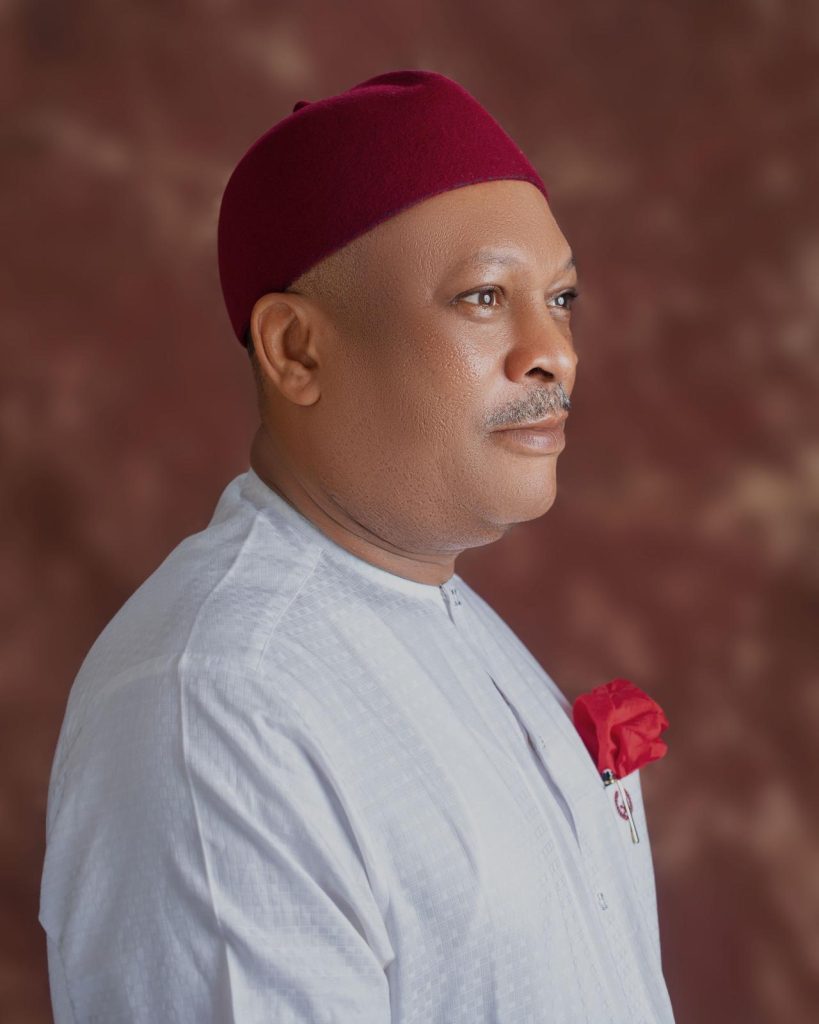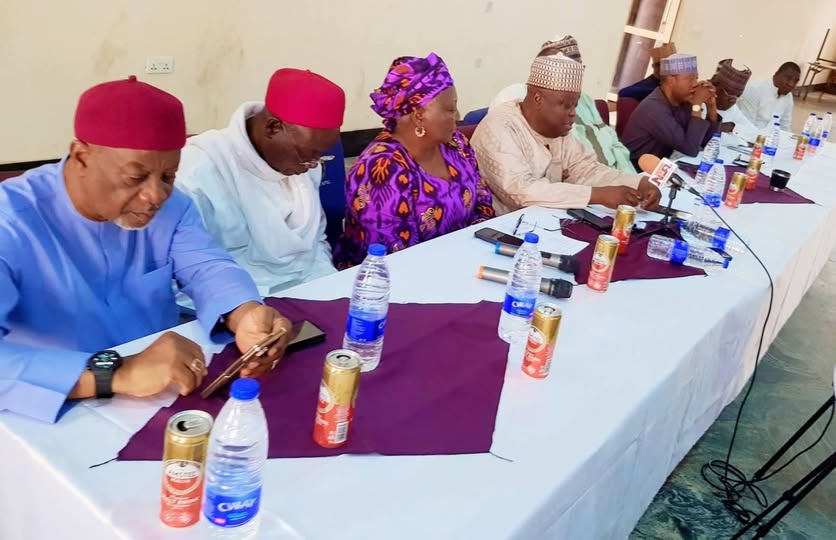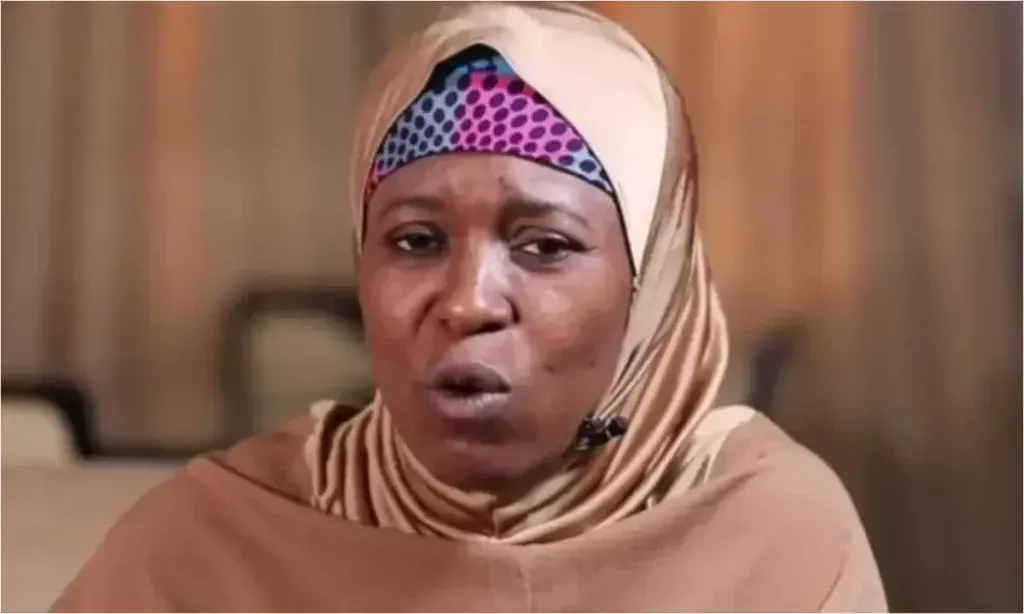Governor Biodun Oyebanji of Ekiti State, alongside the Coordinating Minister of Health and Social Welfare, Prof. Muhammad Ali Pate, emphasized the crucial need to shape the future of healthcare indices and outcomes in Nigeria. This call to action was made at the 64th National Council on Health, themed “Building Resilient and Inclusive Healthcare Systems for a Healthy Nigeria.”
At the commencement of the meeting in Ado-Ekiti, Governor Oyebanji expressed his administration’s steadfast commitment to enhancing the health sector. He reiterated the government’s dedication to collaborating on initiatives that harness digital solutions, leveraging technology to elevate the health information systems and streamline processes for optimal results.
Governor Oyebanji particularly highlighted the administration’s significant investment in bolstering the health sector. This includes infrastructural upgrades, improved welfare packages for health workers, and ensuring the availability of high-quality drugs. He emphasized the administration’s holistic approach to health systems development, with a specific focus on strengthening the primary healthcare system to advance universal health coverage.
In Governor Oyebanji’s words, “Today, in Ekiti, everyone can access a comprehensive package of primary care interventions such as family planning, ante-natal care, delivery, post-natal care, under-5 illnesses, and malaria treatment for all.”
In his address, Minister of Health Prof. Muhammad Pate underscored the significance of the National Council on Health as a platform for stakeholders to deliberate and strategize on crucial health issues. He emphasized the need for transparency, accountability, and responsiveness to the healthcare needs of citizens, urging the government to prioritize the health and well-being of the people through enforceable policies.
The Minister also called for the establishment of a regulatory framework to ensure the highest quality standards in healthcare while safeguarding against corruption. Additionally, World Bank Country Director Chubam Chundri urged the Federal Government to allocate increased resources to key pillars of the health system, particularly primary healthcare.
Chundri emphasized the urgency of directing efforts towards promoting the health and well-being of Nigerians. He lamented the low investment in the health sector, which has positioned Nigeria as the country with the least-funded health system globally. Chundri recommended an increase in excise taxes to generate more revenue, thereby enhancing funding for the health sector to meet acceptable standards.
The 64th National Council on Health witnessed the participation of various stakeholders, including health workers, policymakers, and officials from the 36 states of the federation. Notable attendees included the Minister of Health, Commissioners for Health, and representatives from development agencies such as UNICEF, WHO, and USAID.
The gathering served as an avenue for critical discussions and collaborations to address the challenges facing the healthcare sector, ultimately paving the way for improved healthcare outcomes in Nigeria.



